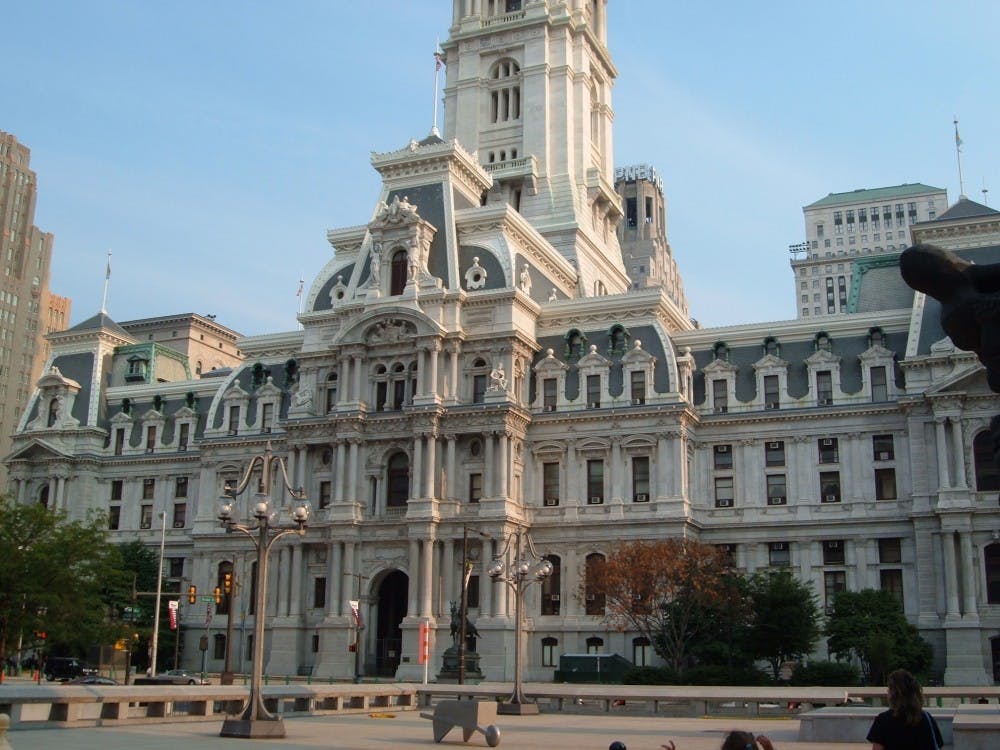
Penn alumnus W Wilson Goode Jr. is one of several recently elected officials who champions the idea of Penn paying PILOTs. | Courtesy of Michael Gray/ Flickr
W. Wilson Goode Jr. — former city councilman, 1986 College graduate, son of a former mayor and outspoken champion of Penn paying PILOTs — has returned to City Council as senior policy advisor to President Darrell L. Clarke. The manner in which he returned, however, has raised concerns.
After 16 years as a Democratic at-large councilman, Goode lost his primary race in May 2015, but the defeat didn't inhibit the former politician from remaining relevant within Philadelphia politics.
Goode's new position as senior policy advisor, announced on Jan. 8 through a press release, was created to help “overcome the income
The new position pays $135,000 a year, as compared to the $129,373 salary Goode earned as a councilman. The hefty salary and questions about whether or not the position was created specifically for the Penn grad have been brought up as points of concern.
Larry Platt — the co-founder and editor of the nonprofit media organization The Philadelphia Citizen — argued that Goode's appointment is part of the insiders game that too often dominates Philadelphia politics.
“To create a position for him
Local politics expert and St.
When contacted, Goode declined an interview with The Daily Pennsylvanian citing his new role as “behind the scenes”. However, Clarke’s spokeswoman Jane Roh assured The Philadelphia Inquirer that the position was already planned even before Goode was considered as a candidate.
Mayor Jim Kenney, a former Fels Institute of
“Councilman Goode brings a
Goode’s qualifications aside, some political observers criticized the way Clarke filled the position as nontransparent and deeply troubling.
“I would have more confidence that
It is unclear from City Council’s press release and media reports what the recruitment process for the position entailed.
Although a Penn alumnus, Goode has clashed with the University because of his position on having Penn and other nonprofits make Payments in Lieu of Taxes, or PILOTs. These voluntary
A great part of local
In March 2015 Goode introduced a resolution in council “calling on the Nutter
Unlike Nutter — who was resistant to support PILOTs — Kenney included PILOTs in his campaign platform and has continually expressed his support for them. Goode's non-binding resolution passed with near unanimous support in the spring before he lost his re-election bid.
The Daily Pennsylvanian is an independent, student-run newspaper. Please consider making a donation to support the coverage that shapes the University. Your generosity ensures a future of strong journalism at Penn.
DonatePlease note All comments are eligible for publication in The Daily Pennsylvanian.





